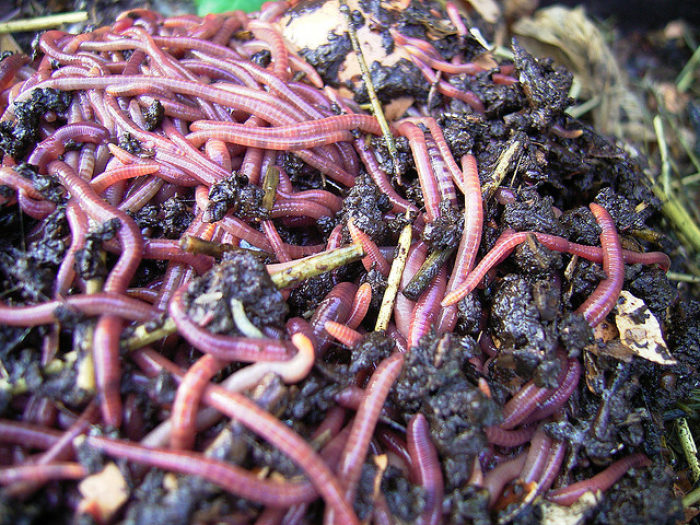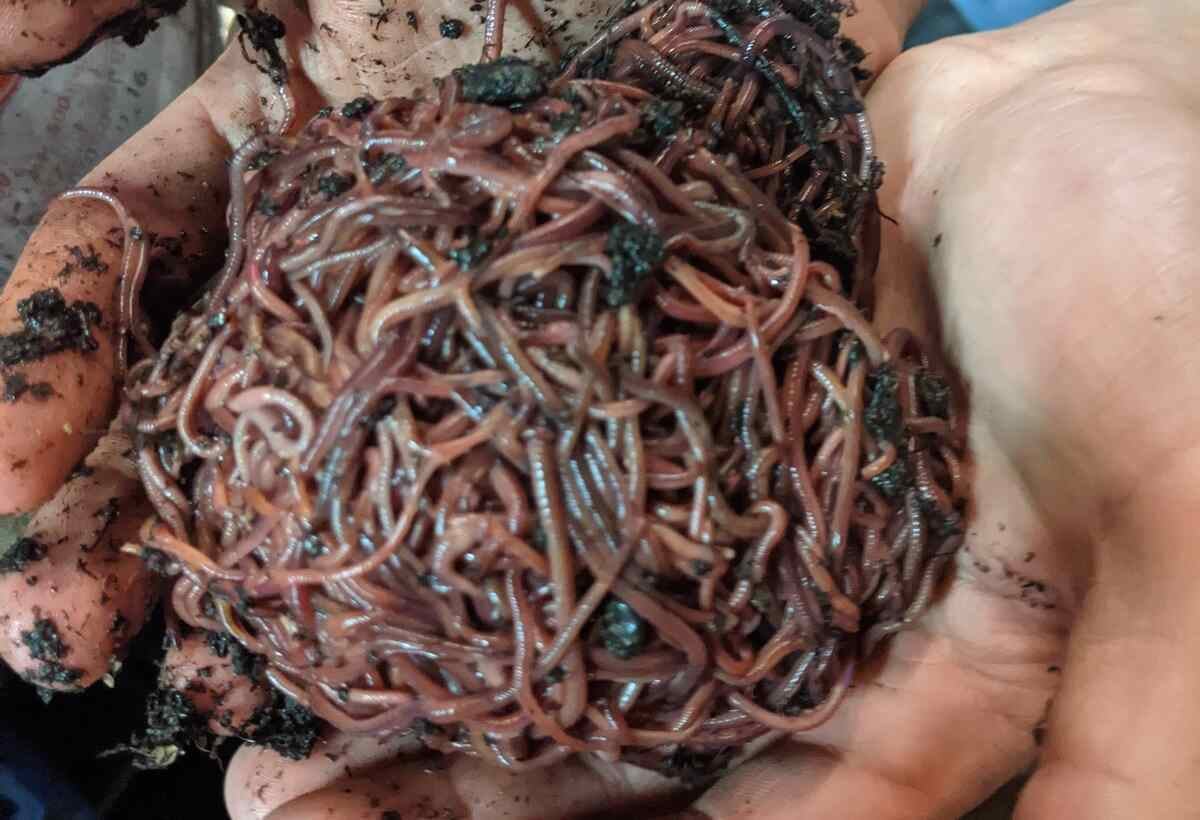A Biased View of Where To Find Red Wigglers
A Biased View of Where To Find Red Wigglers
Blog Article
Top Guidelines Of Where To Find Red Wigglers
Table of ContentsHow Where To Find Red Wigglers can Save You Time, Stress, and Money.Some Of Where To Find Red WigglersSome Known Factual Statements About Where To Find Red Wigglers The Best Guide To Where To Find Red WigglersThe 25-Second Trick For Where To Find Red Wigglers10 Simple Techniques For Where To Find Red Wigglers
For ideal results, you wish to fire for concerning 60-70% dampness degree. The simplest examination for this is to squeeze a handful as tough as you can. At the perfect wetness degrees which is simply under 70% that handful should barely produce one decrease of liquid. pH in a worm bin is rather very easy to preserve.
The Indian Blue is voracious, yet likewise likes a warmer environment and it likewise shows a tendency to get away the bin. The red wiggler is a hardy worm and isn't as picky about its environment. I such as to call it the Ford Taurus of vermicomposting worms; you won't brag to your hardcore composting buddies that you possess them, yet they will offer you well.
As Tap showed, a fishermen can do a good deal to make a worm a lot more appealing.
A Biased View of Where To Find Red Wigglers
I think you will as well if you attempt them. The smaller sized the trout stream, the far better worms job is an axiom that hasn't changed in the 100-plus years given that Perry created his short article. Anglers of his period simply stuck their weak fly poles through alder tangles and dropped a weighted worm right into a deep opening.
Early morning is prime feeding time, and the weightless bait's slow-moving descent leaves 5 inches of wriggling protein completely view for rather a while. After you have actually made the actors, maintain the bond open and put the pole in a forked stick. The line will certainly diminish the pole in sluggish loops as the worm settles, but typically the slow loops will end up being a blur, and the morning will all of a sudden obtain instead fascinating.
I normally make use of a whole 'crawler, like marabou clothing, and drop the pole for two or three seconds when I get a hit.
If it's there, established the hook with a move rather than a jerk. Once in a while you'll discover yourself hooked to those slow, passionate tugs, and feel the weight of a nice walleye.
Fascination About Where To Find Red Wigglers
When the heavy walleyes carry on to the big-water shoals in the late summer season, try pursuing them with a bucktail jig and a 1-inch pinch of nightcrawler. The lure covers the hook point, disperses weeds, and offers a preference of victim. With absolutely nothing dangling or flapping, it stays protected no matter existing, casts, or ambitious panfish.
Whether you're wading or fishing from a watercraft, wandering worms is just one of the great searching techniques for bigger rivers. For trout, a spade-dug, 4-inch yard worm is the best size; for bass, walleyes, and steelhead, a nightcrawler might be a much better choice. The secret is to wander the bait with feeding and holding locations because fish in existing are not mosting likely to ferret out the bait, as they might in still water.
Strikes useful site will certainly come as a sharp tug as opposed to a pull or rap. Fish the shifts: mouths of tributaries, bank-side slicks, and the edges of big swimming pools. As the late Ed Zern, Area & Stream's terrific satirist, when put it: Anglers are born sincere but they overcome it. His rule uses to any number of angling maneuvers, consisting of the issue of adding an item of worm to a wet fly.

Get This Report on Where To Find Red Wigglers
Fill it with shredded newspaper, leaves, peat moss, and soil. Moisten gently. Cover and let sit for a week. Include a few hundred worms and feed them 2 times a week. Keep the bed linen wet but not damp. On the menu: lettuce, vegetables and fruit waste, and the periodic nongreasy leftover.
Simply like veggie scraps, you can take your used coffee premises and include them to a worm box. Worms love eating coffee grounds. With the appropriate problems and damp, healthy dirt, worms can live in a pail of dust for around 3 weeks. Shop out of direct sunlight and maintain a temperature level in between 50 and 80 degrees.
When the heavy walleyes relocate on to the big-water shoals in the late summer season, try going after them with a bucktail jig and a 1-inch pinch of nightcrawler. The bait covers the hook point, deflects weeds, and provides a taste like it of victim. With absolutely nothing dangling or waving, it continues to be secure no matter current, casts, or ambitious panfish.
The Greatest Guide To Where To Find Red Wigglers
Whether you're wading or angling from a watercraft, wandering worms is among the terrific browsing approaches for bigger rivers. Where To Find Red Wigglers. For trout, a spade-dug, 4-inch garden worm is the right size; for bass, walleyes, and steelhead, a nightcrawler may be a far better selection. The trick is to wander the bait with feeding and you could try here holding areas since fish in existing are not mosting likely to ferret out the lure, as they could in still water
Strikes will certainly come as a sharp pull instead of a pull or rap. Fish the changes: mouths of tributaries, bank-side slicks, and the edges of large swimming pools. As the late Ed Zern, Field & Stream's excellent humorist, as soon as placed it: Anglers are born honest but they get over it. His rule uses to any kind of number of angling maneuvers, consisting of the issue of including an item of worm to a damp fly.
Increasing your very own bait means you can slide out of the residence and hit the fish pond before Mama comes homejust like in the old days. Below's just how to keep a worm box: Cut a sheet of CDX-grade plywood, which is made with waterproof adhesives, to your measurements. Toenail it together and pierce a lots 12-inch holes in all-time low for drain.
The Best Guide To Where To Find Red Wigglers
Include a few hundred worms and feed them two times a week. Keep the bed linens moist yet not wet. On the menu: lettuce, fruit and veggie waste, and the occasional nongreasy surplus (Where To Find Red Wigglers).
Simply like veggie scraps, you can take your used coffee grounds and add them to a worm box. Worms enjoy consuming coffee premises.
Report this page